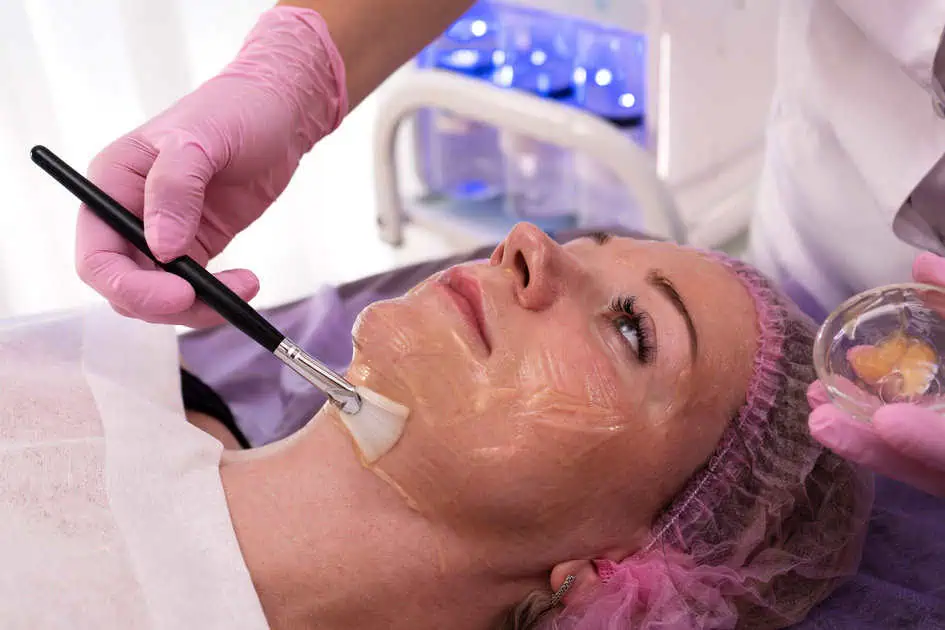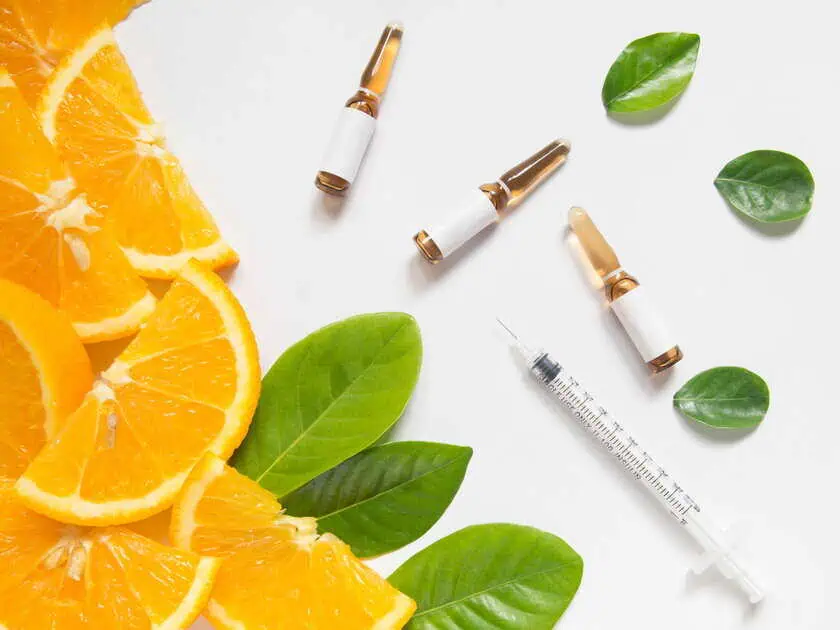Stress is an inevitable part of life, impacting not only our mental and emotional well-being but also manifesting in various physical symptoms. One of the most noticeable ways stress affects us is through our skin. The skin, being the body’s largest organ, often reflects our inner turmoil, leading to a range of skin issues. In this comprehensive guide, we explore the intricate relationship between stress and skin health and provide actionable steps to mitigate its effects.
Understanding the Connection Between Stress and Skin Health
The Stress Response and Skin
When we experience stress, our body undergoes a complex series of reactions known as the stress response. This involves the release of stress hormones such as cortisol and adrenaline. These hormones prepare the body to handle the perceived threat, but they also have significant effects on the skin.
Cortisol and Its Impact: Elevated levels of cortisol can lead to increased oil production in the skin’s sebaceous glands. This excess oil can clog pores, leading to acne breakouts. Moreover, cortisol can break down collagen and elastin, essential proteins that keep the skin firm and youthful, resulting in premature aging and wrinkles.
Inflammatory Response: Stress can trigger an inflammatory response in the body. This can exacerbate conditions like eczema, psoriasis, and rosacea. The inflammatory response also impairs the skin’s natural barrier function, making it more susceptible to irritants and pathogens.
Common Stress-Induced Skin Problems
Acne
Acne is one of the most common skin issues exacerbated by stress. The overproduction of oil, combined with dead skin cells and bacteria, leads to the formation of pimples, blackheads, and whiteheads. Stress-induced acne is often persistent and can be difficult to treat without addressing the underlying stress.
Eczema and Psoriasis
Both eczema and psoriasis are chronic inflammatory skin conditions that can flare up during periods of stress. Stress weakens the skin’s barrier, making it more prone to dryness, itching, and redness. In the case of psoriasis, stress can trigger new outbreaks and worsen existing plaques.
Rosacea
Rosacea is a condition characterized by facial redness, visible blood vessels, and sometimes acne-like bumps. Stress can cause blood vessels to dilate, intensifying the redness and irritation associated with rosacea. It can also lead to an increase in flare-ups.
Hives and Rashes
Acute stress can lead to the sudden onset of hives or other stress-related rashes. These are typically itchy, red welts that appear on the skin. They are caused by the release of histamine in response to stress, which can lead to inflammation and irritation.
The Vicious Cycle of Stress and Skin Issues
Stress and skin problems often create a vicious cycle. Skin issues can cause stress and anxiety, which in turn can exacerbate the skin problems. Breaking this cycle requires addressing both the skin condition and the underlying stress.
What You Can Do to Combat Stress-Induced Skin Problems
Adopt a Comprehensive Skincare Routine
Cleanse Gently: Use a mild, non-comedogenic cleanser to remove excess oil and impurities without stripping the skin of its natural moisture.
Moisturize: Keeping the skin hydrated is crucial, especially when dealing with stress-induced dryness and irritation. Choose a moisturizer that suits your skin type and is free from harsh chemicals.
Use Targeted Treatments: For acne, consider products containing benzoyl peroxide or salicylic acid. For eczema or psoriasis, look for creams with hydrocortisone or other anti-inflammatory ingredients.
Protect Your Skin: Sunscreen is essential to protect the skin from UV damage, which can further aggravate stress-induced skin issues.
Incorporate Stress Management Techniques
Practice Mindfulness and Meditation: Regular mindfulness practices can significantly reduce stress levels. Techniques such as deep breathing, meditation, and yoga can help calm the mind and reduce the body’s stress response.
Exercise Regularly: Physical activity releases endorphins, which are natural stress relievers. Aim for at least 30 minutes of moderate exercise most days of the week.
Maintain a Healthy Diet: A balanced diet rich in antioxidants, vitamins, and minerals supports overall skin health. Foods high in omega-3 fatty acids, like salmon and flaxseeds, can reduce inflammation.
Get Adequate Sleep: Quality sleep is essential for skin regeneration and stress management. Aim for 7-9 hours of uninterrupted sleep each night.
Seek Professional Help When Necessary
Consult a Dermatologist: If stress-related skin issues persist, it’s important to seek professional advice. A dermatologist can provide personalized treatment options and recommend suitable skincare products.
Therapy and Counseling: For chronic stress, talking to a therapist or counselor can be beneficial. Cognitive-behavioral therapy (CBT) and other stress management techniques can help address the root causes of stress.
Holistic Approaches to Skin Health
Aromatherapy: Essential oils like lavender and chamomile have calming properties that can reduce stress. Incorporating aromatherapy into your routine can enhance relaxation and improve skin health.
Herbal Supplements: Certain herbs, such as ashwagandha and chamomile, are known for their stress-reducing properties. Consult with a healthcare provider before starting any new supplements.
Hydration and Humidification: Staying hydrated is crucial for maintaining healthy skin. Additionally, using a humidifier can keep the skin moist, especially in dry environments.
Preventive Measures for Long-Term Skin Health
Routine Self-Care Practices
Regular Skincare Maintenance: Adopting a consistent skincare routine helps maintain skin health and prevents stress-induced flare-ups.
Stress Reduction Techniques: Incorporate stress reduction techniques into your daily routine. This can include activities like journaling, spending time in nature, and engaging in hobbies.
Creating a Stress-Free Environment
Manage Your Environment: Create a relaxing and stress-free environment at home and work. This can involve organizing your space, using calming colors, and reducing clutter.
Social Support: Maintaining strong social connections can provide emotional support and reduce stress. Make time for family and friends, and don’t hesitate to seek support when needed.
Conclusion
Stress undeniably plays a significant role in the health of our skin. By understanding the connection between stress and skin problems, and implementing effective stress management and skincare strategies, we can achieve healthier, more resilient skin. Remember, the key to combating stress-induced skin issues lies in a holistic approach that addresses both the mind and body.








